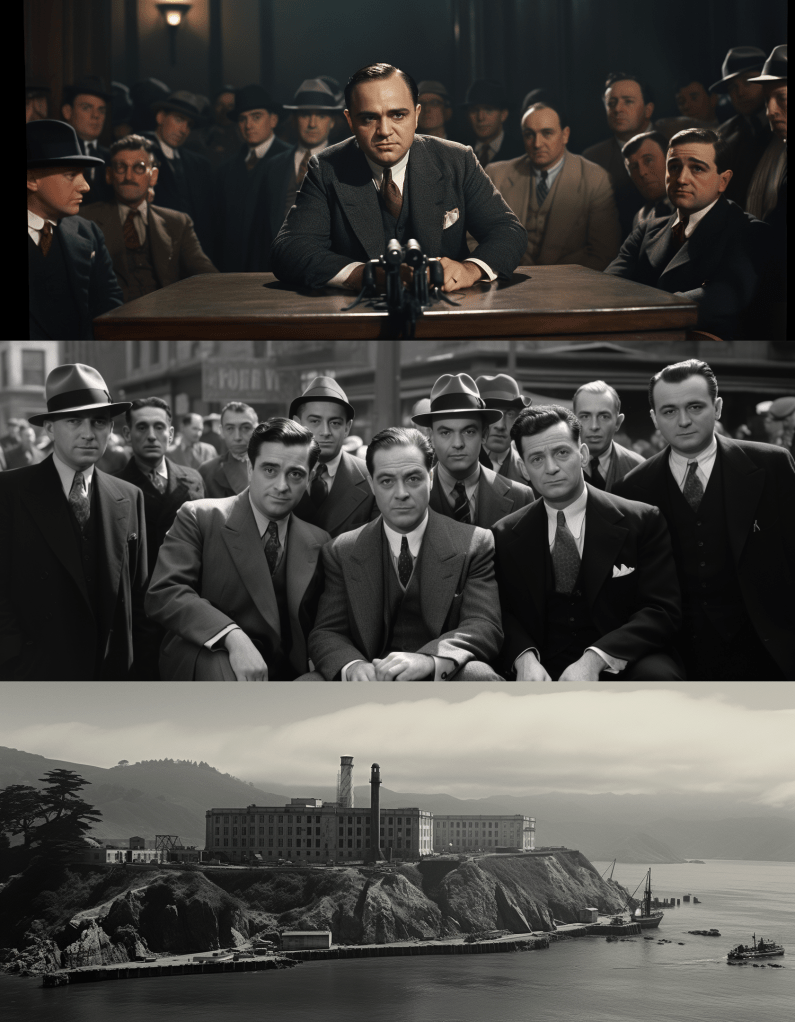On This Day, October 17, 1931, the notorious gangster Al Capone was convicted of tax evasion, marking the downfall of one of the most infamous figures in American criminal history. Despite his involvement in numerous illegal activities, including bootlegging, gambling, and murder, it was tax evasion that ultimately led to his conviction.
Capone, who had risen to prominence as the boss of the Chicago Outfit during the Prohibition era, had successfully evaded law enforcement for years. His criminal empire brought in vast sums of money, but Capone had never filed an income tax return, arrogantly believing himself to be above the law. The federal government, determined to bring him down, assembled a special task force to investigate Capone’s finances. This team, famously known as “The Untouchables” due to their resistance to bribery and corruption, was led by federal agent Eliot Ness.
The investigation by Ness and his team eventually provided enough evidence to charge Capone with tax evasion. On October 17, 1931, Capone was convicted on five counts of tax evasion and was later sentenced to 11 years in prison. He initially spent time in a federal prison in Atlanta, Georgia, before being transferred to the newly opened Alcatraz Federal Penitentiary in San Francisco Bay, which was designed to hold the most dangerous prisoners.
Al Capone’s conviction was a significant achievement for law enforcement and marked a turning point in the battle against organized crime. It demonstrated that even the most powerful and seemingly untouchable criminal figures could be brought to justice. Capone’s imprisonment also symbolized the end of an era of rampant corruption and lawlessness during the Prohibition period.
